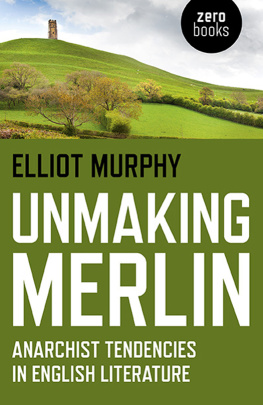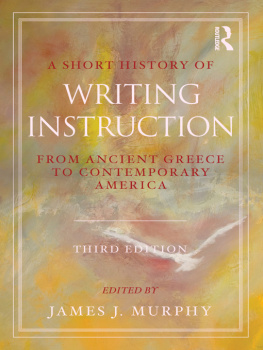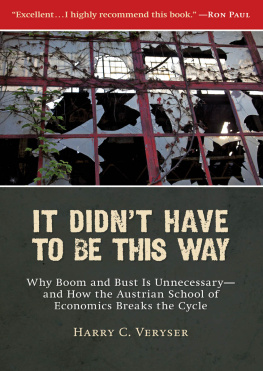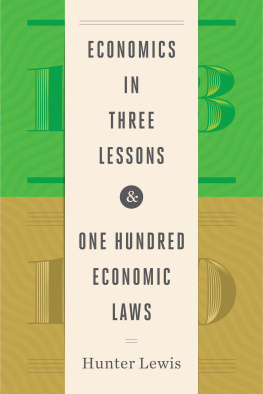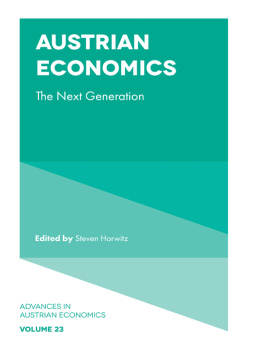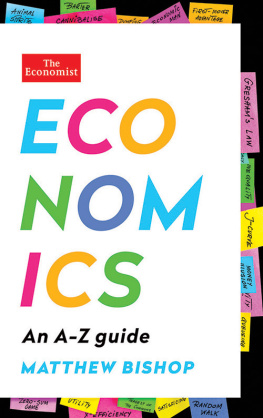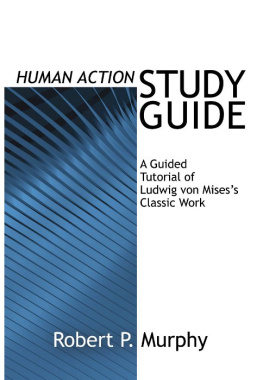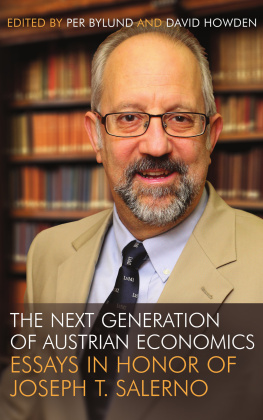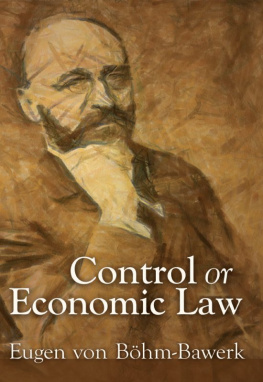Murphy - Lessons for the Young Economists
Here you can read online Murphy - Lessons for the Young Economists full text of the book (entire story) in english for free. Download pdf and epub, get meaning, cover and reviews about this ebook. City: Auburn;Ala, year: 2010, publisher: Ludwig von Mises Institute, genre: Politics. Description of the work, (preface) as well as reviews are available. Best literature library LitArk.com created for fans of good reading and offers a wide selection of genres:
Romance novel
Science fiction
Adventure
Detective
Science
History
Home and family
Prose
Art
Politics
Computer
Non-fiction
Religion
Business
Children
Humor
Choose a favorite category and find really read worthwhile books. Enjoy immersion in the world of imagination, feel the emotions of the characters or learn something new for yourself, make an fascinating discovery.
Lessons for the Young Economists: summary, description and annotation
We offer to read an annotation, description, summary or preface (depends on what the author of the book "Lessons for the Young Economists" wrote himself). If you haven't found the necessary information about the book — write in the comments, we will try to find it.
Robert Murphy has the right frame of mind and mastery of the subject matter to provide the best possible pedagogy. The logic is super clear. The organization is impeccable. It achieves a great balance between plain old economics and that aspect of economic thought that is considered particularly Austrian. Therefore, it prepares the student for both conventional economic studies in the future and provides the logical rigor and policy clarity that only the Austrian School perspective can offer.
Most of the attempts at such texts falter because they are either too dry and technical for the young reader or they are littered with attempts to keep the student entertained with references to pop culture or cheesy passages that attempt to speak the childs language but only end up sounding patronizing.
Dr. Murphys text has none of this. The prose has relentless fire without needless fireworks. What drives it forward is intellectual passion born of his love of the topic. Whats also nice is that he is nowhere self-consciously trying to sound like someone he is not. It is his real voice, explaining everything point by point. For this reason, the text is warm and engaging.
Here is the product of vast experience and daily writing. This permits the voicing of the book to achieve a remarkable integration page to page, chapter to chapter. Though he is drawing from the whole history of the development of economics, the text ends up being strikingly original. His approach is not based on anything but his own sense of how to teach this subject.
This book will not be boring or useless even for people who think they already know the subject. Every page or two, there are fresh insights. For example, on the problems with barter, he shows that in the real world, most goods and services would not have come into existence at all (so that there would be no trading of tractors for cobbler services because there would be no tractors or repairable shoes). In another place, he points out that one of the advantages of the division of labor is that it makes the advantages of automation more readily apparent.
Maybe these points appear in other introductory texts but the way he works them into a logical and seamless system is very impressive. It has a much larger market than just high-school students. Anyone can enjoy this book and learn from it. The appropriate age here is probably 13 and up but any adult will love this book.
Murphy wrote the first study guides to Human Action and Man, Economy, and State. He can now add another medal to his chest. It is a big one. There is every reason to believe that this book will still have powerful legs decades from now.
As for the price, it is close to being a miracle for a textbook of this size and expanse. The conventional publishers of bad books at high prices dont stand a chance against this landmark.
Copied From:
http://mises.org/resources/5706/Lesso...
Murphy: author's other books
Who wrote Lessons for the Young Economists? Find out the surname, the name of the author of the book and a list of all author's works by series.


